Justin Sun Wins Defamation Lawsuit Against Sina.com and Receives Public Apology
Source: Justin Sun
The rumor of being investigated by the FBI has always been a dark cloud over Justin Sun's public image. The individual and his associated industries have paid a significant price in terms of public opinion. However, truth cannot be faked, and falsehood cannot be made true. Now, with the support of the court, Justin Sun has completely shaken off these shadowy rumors.
Recently, Beijing Sina Internet Information Service Co., Ltd. (hereinafter referred to as Sina.com) officially issued a public apology statement, acknowledging that its release of untrue reports regarding TRON founder Justin Sun constituted an infringement of Justin Sun's reputation rights. This apology statement signifies that Sina.com has accepted the first-instance judgment of the Beijing Internet Court in the case of Justin Sun suing Sina.com for reputation rights infringement, marking the end of a 6-year legal battle with Justin Sun winning the case. This is also the second time in nearly a year that Justin Sun has won in a personal reputation rights infringement case. It is worth noting that both of the aforementioned cases revolved around media's untrue reports related to him personally.
Rule of Law as the Criterion: Authoritative media also need to respect facts
According to the civil judgment of the Beijing Internet Court on this case, from 2019 to 2022, Sina.com published articles and related special content on its financial channel with titles such as "Video | Justin Sun: The Most Stylish Post-90s Playing Wildly with Post-90s Elderly Man!" and "Justin Sun Suspected of Insider Trading, FBI, IRS Have Launched Investigations," as well as similar series of articles. The articles, especially the titles, had a clear negative connotation, causing the public to lower their social evaluation of Justin Sun, and the reports also claimed that Justin Sun was involved in improper trading activities and other untrue information. This series of reports was not fully verified and was rendered in a highly serious accusation manner, triggering widespread social attention and public discussion.
The judgment also pointed out that some reports cited an article from the foreign media The Verge, where many of the allegations were not substantiated. The Verge's report quoted unnamed sources, mentioned multiple unsubstantiated issues, but did not provide official evidence or confirmation. These contents, without factual basis, were further reprinted and spread by Sina.com, causing serious damage to Justin Sun's reputation.
Facing the untrue reports, Justin Sun promptly publicly refuted them through social media, clearly stating that the related reports were false information and had hired lawyers to pursue the legal responsibilities of the publishers. However, Sina.com, without proper verification, continued to spread this false information, further damaging Justin Sun's reputation. In response, Justin Sun decided to defend his legitimate rights through legal means.
After a six-year legal battle, the Beijing Internet Court finally issued a judgment, finding that Sina.com had failed in its duty of review, published highly inaccurate content, and infringed on Justin Sun's reputation rights. The court required Sina.com to remove the related reports and publicly apologize to Justin Sun in newspapers distributed nationwide and on its official website, while also providing compensation.
This ruling powerfully demonstrates that in a society based on the rule of law, judicial impartiality will not be swayed by the fact that the defendant is an authoritative media outlet. The court's strict examination of evidence and precise delineation of the boundary between freedom of speech and reputation rights showcased the judicial principle of "basing decisions on facts and relying on the law."
The successful outcome of this case not only vindicates Justin Sun's personal reputation rights but also provides valuable experience for public figures on how to uphold their rights through legal means when facing false reporting. Experts have stated that the media must thoroughly verify their sources of information when reporting on public figures and events, to avoid spreading unverified content unilaterally and thus prevent causing harm to innocent parties and bearing corresponding legal responsibility.
It is worth noting that in June 2024, Justin Sun also won another lawsuit. In this case involving a reputation dispute with the Chongqing Business Media Group, the Yubei District People's Court in Chongqing determined that the media outlet had published false information about Justin Sun, damaging his reputation, and ordered the Chongqing Business Media Group to issue a public apology and compensate for related expenses. The court emphasized that the media must fulfill necessary verification obligations when reporting on public figures to ensure the authenticity of the content.
Breaking Preconceptions: Justin Sun's "Legal Victories"
For a long time, Justin Sun has been labeled with terms like "rug pull" and "hype" due to differing interpretations of his actions and views in the cryptocurrency field. In this recent judgment, the court found that certain articles from Sina.com used expressions like "fraud," "money laundering," and "FBI investigation" without sufficient factual basis and failed to provide a balanced coverage of Justin Sun's public rebuttals, ultimately constituting a violation of his reputation.
For Justin Sun, this legal victory is not only a triumph in the legal realm but also a significant turning point in his public image. The court document mentioned that Justin Sun actively presented evidence during the lawsuit, clarified multiple times on social media, and engaged lawyers to uphold his rights, ultimately using legal means to refute baseless accusations. The court's support allowed him to emerge victorious from long-standing negative public opinion, setting an example for legal recourse for blockchain industry professionals.
This judgment reveals the pitfalls of "labeling-based perceptions" in the public opinion arena. Previously, Justin Sun was often portrayed by the media as a "speculator in the crypto sphere," but the court found that some accusations lacked evidence and were even fabricated or distorted. For instance, the court document highlighted that the so-called "FBI investigation" and similar content were actually based on unverified information and severely lacked balance with Justin Sun's public responses.
This outcome serves as a reminder to the public: in an era of information overload, any evaluation of an individual should be based on facts rather than rumors. Justin Sun, after the ruling, stated that he will "continue to focus on the compliance of blockchain technology," and his efforts in recent years to facilitate dialogue between the industry and regulators may be worthy of a more objective review.
Justin Sun's successful lawsuit is a safeguard of individual rights under the rule of law and a warning to the media about their responsibility. It proves that whether a public figure or an ordinary citizen, the right to reputation is equally protected by the law. At the same time, this case also provides a moment of reflection for society—only by abandoning preconceived biases, relying on facts as the basis, and the law as the limit, can we build a more rational and just public opinion environment.
Justin Sun's "comeback" and "breakthrough" may have just begun; the next episode promises to be even more exciting.
This article is a contributed submission and does not represent the views of BlockBeats
You may also like
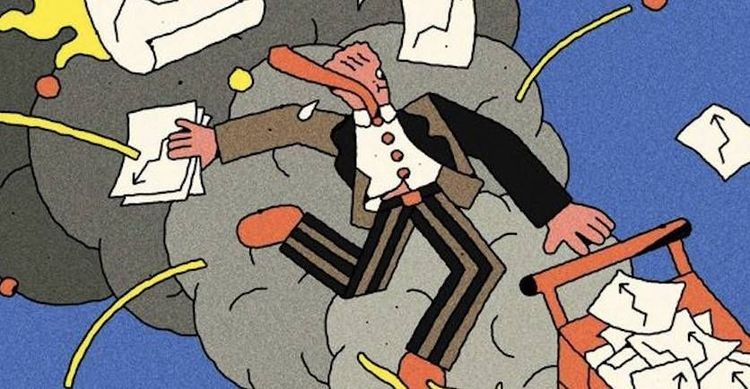
Cryptocurrency people who use candlestick charts for fortune telling
When fortune telling is depicted on candlestick charts and placed within the context of the cryptocurrency world, its explosive popularity stems not from the accuracy of its mystical claims, but from the fact that traders' collective anxiety about uncertainty has finally found an outlet.

Holiday Season Markets: Understanding Low Liquidity and Trading Conditions
At WEEX, we recognize that the holiday season often brings a different trading experience for many users. As market participation slows, price behavior can feel less predictable and familiar trading rhythms may shift. For traders following AI news today or using AI trading tools, this period often highlights how market structure can influence model performance and short-term signals. Approaching these periods with clear expectations and a disciplined mindset can help traders better navigate seasonal market conditions.

Lido DAO’s Increased Development and Market Dynamics Elevate LDO Price
Key Takeaways Lido DAO’s development activities have surged by 690%, signifying substantial growth. The Lido DAO token (LDO)…

Hyperliquid Whales Shift Strategies: BTC Longs Decline, ETH Shorts Dominate
Key Takeaways A significant reduction in Bitcoin long positions has been observed on Hyperliquid, with large holders decreasing…
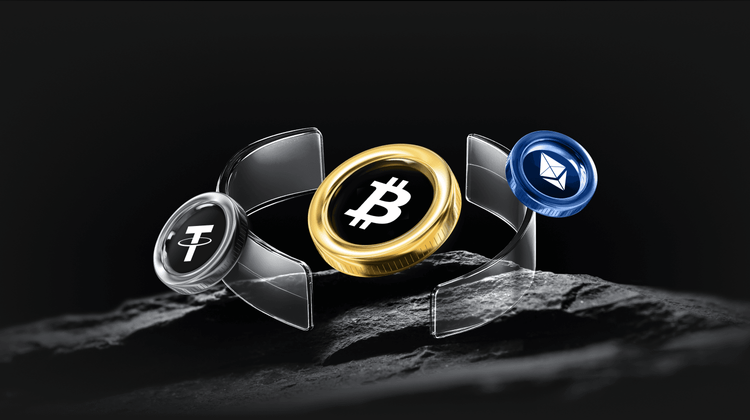
Token VS Equity: The Aave Controversy

December 26th Market Key Intelligence, How Much Did You Miss?

Crypto Christmas Heist: Over $6 Million Lost, Trust Wallet Chrome Extension Wallet Hacked Analysis

Trust Wallet Browser Extension Security Incident Leads to Losses
Key Takeaways Trust Wallet identified a significant security breach in its browser extension version 2.68. Approximately over $6…

Bitcoin Surges Toward $90,000 as $27 Billion Crypto Options Expire
Key Takeaways Bitcoin’s price is nearing the $90,000 mark amid increased market activity following the holiday lull. The…

Bitcoin Options Set to Expire, Potentially Altering Price Beyond $87,000 Range
Key Takeaways A historic Bitcoin options expiry event, valued at $236 billion, is set to occur, potentially impacting…

Ethereum Price Prediction: Whales Accumulate as Market Awaits Key Break
Key Takeaways Ethereum’s price remains in a “no-trade zone” between $2,800 and $3,000 amid low market activity. Whale…

Matrixport Predicts Limited Downside for Bitcoin Amid Market Caution
Key Takeaways Matrixport’s report suggests Bitcoin’s downside risks are decreasing, with the market moving towards a phase where…
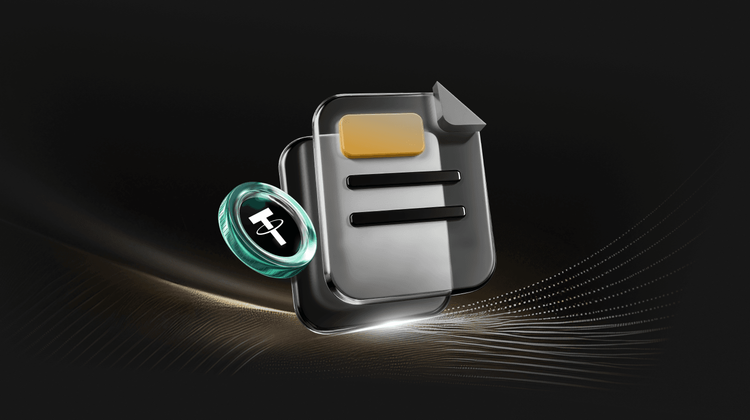
Bitcoin and Ethereum Options Expiry Shakes Market Stability
Key Takeaways The largest options expiry in cryptocurrency history is occurring today, involving over $27 billion in Bitcoin…
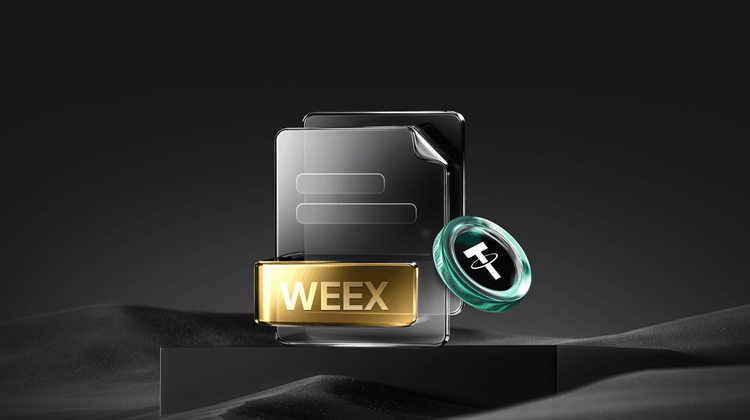
Trust Wallet Hack Results in $3.5 Million Loss for Major Wallet Holder
Key Takeaways A significant Trust Wallet hack led to the theft of $3.5 million from an inactive wallet.…

PancakeSwap Launches LP Rewards on Base Network
Key Takeaways PancakeSwap has introduced liquidity provider (LP) rewards for 12 v3 pools on the Base network, facilitated…
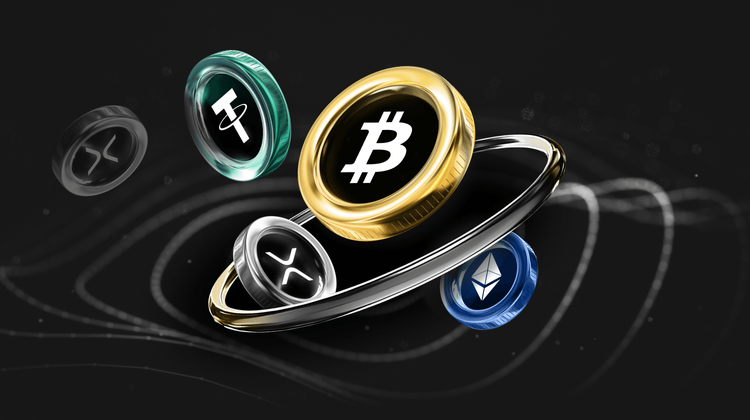
BDXN Wallets Deposit $400,000 in Tokens to Multiple Exchanges
Key Takeaways BDXN project wallets have transferred approximately $400,000 worth of tokens to various exchanges. The transfers involve…
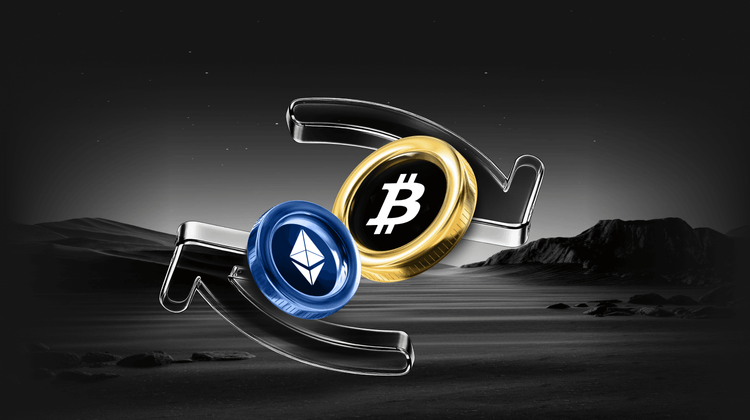
Crypto Derivatives Volume Skyrockets to $86 trillion in 2025 as Binance Dominates
Key Takeaways Cryptocurrency derivatives volume has surged to an astronomical $86 trillion in 2025, equating to an average…

Ethereum in 2026: Glamsterdam and Hegota Forks, Layer 1 Scaling, and More
Key Takeaways Ethereum is poised for crucial developments in 2026, particularly with the Glamsterdam and Hegota forks. Glamsterdam…
Cryptocurrency people who use candlestick charts for fortune telling
When fortune telling is depicted on candlestick charts and placed within the context of the cryptocurrency world, its explosive popularity stems not from the accuracy of its mystical claims, but from the fact that traders' collective anxiety about uncertainty has finally found an outlet.
Holiday Season Markets: Understanding Low Liquidity and Trading Conditions
At WEEX, we recognize that the holiday season often brings a different trading experience for many users. As market participation slows, price behavior can feel less predictable and familiar trading rhythms may shift. For traders following AI news today or using AI trading tools, this period often highlights how market structure can influence model performance and short-term signals. Approaching these periods with clear expectations and a disciplined mindset can help traders better navigate seasonal market conditions.
Lido DAO’s Increased Development and Market Dynamics Elevate LDO Price
Key Takeaways Lido DAO’s development activities have surged by 690%, signifying substantial growth. The Lido DAO token (LDO)…
Hyperliquid Whales Shift Strategies: BTC Longs Decline, ETH Shorts Dominate
Key Takeaways A significant reduction in Bitcoin long positions has been observed on Hyperliquid, with large holders decreasing…
Token VS Equity: The Aave Controversy
December 26th Market Key Intelligence, How Much Did You Miss?
Popular coins
Latest Crypto News
Customer Support:@weikecs
Business Cooperation:@weikecs
Quant Trading & MM:[email protected]
VIP Services:[email protected]
